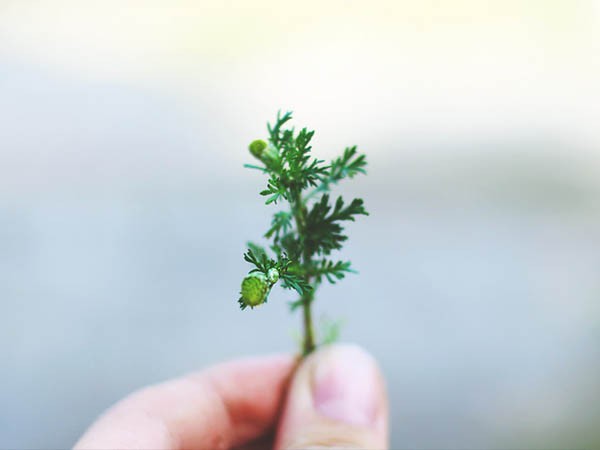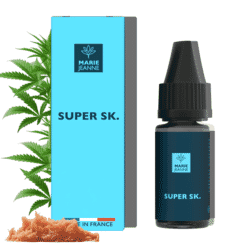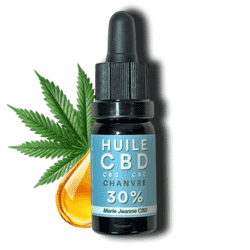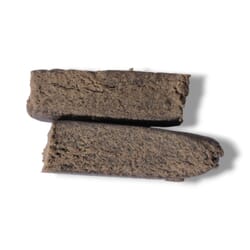WHAT IS CBD?

CBD, or cannabidiol, is a natural substance present in the hemp plant. This molecule belongs to the cannabinoid family: a group of substances capable of influencing the human nervous system’s receptors. Today, we know of over one hundred cannabinoids, each with their own molecular structure and different effects. CBD is one of the most widely present cannabinoids in the plant, after THC (tetrahydrocannabinol).
Since it started to be used in e-liquids, everyone is talking about CBD. Its origins, its composition, its supposed effects… We reveal all about CBD.
CBD, a natural substance
CBD was discovered in 1963 by Israeli scientist Raphaël Mechoualm, the father of research into cannabis. CBD is present in hemp plants at varying concentrations, depending on the plant variety. Hemp varieties that are naturally richer in CBD than in THC are quite rare. However, over the years, selective breeding techniques have led to the emergence of hemp varieties with high levels of cannabidiol and almost no THC.
What is the difference between CBD and THC?
CBD should not be confused with THC. These two substances have a similar molecular structure but completely different properties. They act on different receptors in the brain. THC is psychoactive, while CBD will have the opposite effect, blocking the ‘mood-enhancing’ effect of cannabis.
THC is also known for having side effects that CBD does not cause, such as paranoia, anxiety, and various psychotic reactions. These side effects, linked to its recognised psychoactive effect, are the reason why it is illegal in most countries. Meanwhile, CBD can be sold and consumed legally in most countries. In France, CBD products are legal as long as they are extracted from plants that contain less than 0.2% THC.
What are the effects of CBD?
Cannabinoids act on the endocannabinoid system: a network of receptors in the brain and the nervous system. These receptors sense molecules like endorphins, which have a similar molecular structure to that of cannabinoids, especially CBD. A host of studies have focused on CBD and its supposed effects. Today, CBD is used experimentally to treat certain issues (Parkinson’s, insomnia, chronic pain…) and may have anxiolytic, analgesic and antispasmodic effects. Please note: CBD is not a therapeutic substance. If you suffer from anxiety, pain or insomnia, please consult a doctor.
Why use a CBD e-liquid in your e-cigarette?
When ingested orally, CBD does not absorb well into the body. Studies show that CBD absorbs better and reaches the endocannabinoid system more quickly when inhaled. This is why a highly effective way to consume it is as an e-liquid, via an e-cigarette. This method offers the efficacy of inhalation without the risks linked to combustion and tobacco consumption.
Vapers may be interested in CBD e-liquids for various reasons. Some see it as an opportunity to reduce their cannabis consumption and their cigarette consumption. Others use them to relax and overcome the obstacles posed by quitting smoking cigarettes. CBD cannot be used for recreational use, as this molecule has no psychoactive effects.
CBD concentrations
CBD e-liquids are available in various concentrations. The CBD must not be equated to the vaper’s cannabis consumption habits. The right dose is different for everyone, and must be gradually adapted to them according to the desired and achieved effects. The dose must also adapt to how the liquid is consumed. For use throughout the day, a dose between 0 and 300 mg (30 mg/ml) is the best option. Concentrations over 300 mg must be limited to less frequent consumption and short vaping sessions. To avoid overdoses and altering the molecule, CBD must be consumed with the right equipment. The e-cigarette used must not be too powerful: a wattage of around 10 W is ideal.





